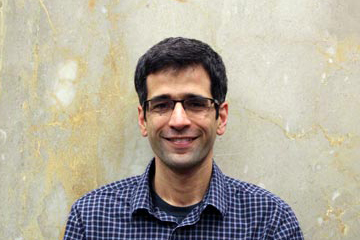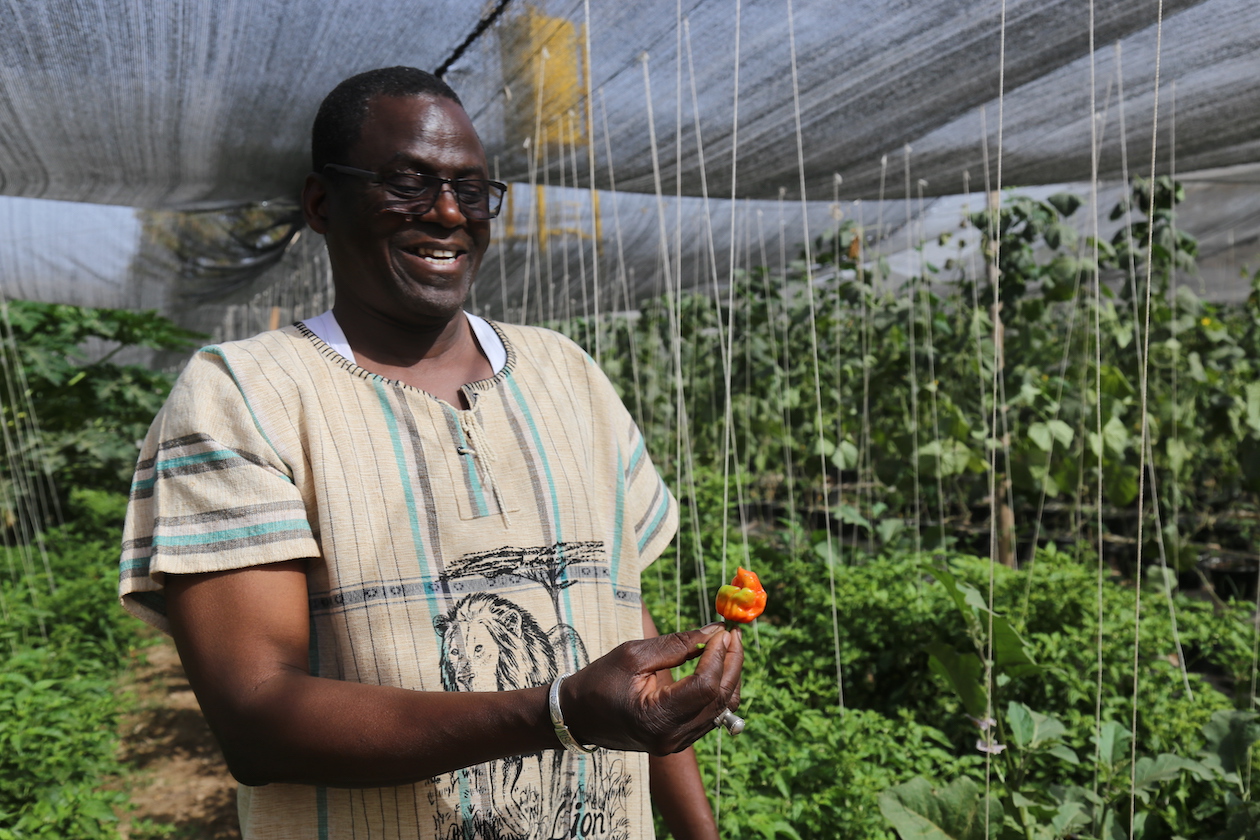
Does Irrigation Strengthen Climate Resilience? A Geospatial Impact Evaluation of Interventions in Mali
Date Published
Jun 13, 2023
Authors
Ariel BenYishay, Seth Goodman, Rachel Sayers, Kunwar Singh, Madeleine Walker, Mascha Rauschenbach, Martin Noltze
Publisher
German Institute for Development Evaluation (DEval)
Citation
BenYishay A., S. Goodman, R. Sayers, K. Singh, M. Walker, M. Rauschenbach and M. Noltze (2023), Does Irrigation Strengthen Climate Resilience? A Geospatial Impact Evaluation of Interventions in Mali, DEval Discussion Paper 1/2023, German Institute for Development Evaluation (DEval), Bonn.
Abstract
Agriculture in the Sahel is largely rainfed, and the rural economy is strongly dependent on rainfall patterns. The current and future impacts and risks associated with climate change are increasingly affecting rural communities in the region. Direct impacts include less predictable rainfall patterns and rising temperatures, which increase the amount of water needed for agricultural production. The broader impacts are threats to the social, economic and ecological resilience of rural communities calling for climate change adaptation.
We assess to what extent irrigation can strengthen the climate resilience of rural communities. Our study sample consists of nearly 1 000 distinct locations in Mali in which small-scale, river-based irrigation and stored-rainwater-based irrigation was introduced over the past two decades. These interventions take place in a context of worsening climate conditions and an armed conflict. The staggered roll-out of irrigation, and repeated observations over 20 years, allows us to compare the pre- and post-irrigation outcomes of locations while adjusting for confounding factors. We geospatially link data on irrigation interventions with measures of agricultural production using high-resolution satellite imagery and surveys, along with data on child nutrition and health outcomes, and conflict event data.
We find that the introduction of irrigation led to substantial increases in agricultural production on nearby fields, with these gains persisting even a decade later. Children in nearby communities are less likely to be stunted or severely underweight due to the irrigation, and conflict risks decrease in the closest communities. Some of these gains are offset by worsening conditions farther away from the newly installed irrigation. These findings suggest that, even with political conflicts in semi-arid areas already increasing, sustainable irrigation may offer a particularly valuable tool to improve communities’ resilience toward present and future negative socio-economic impacts of climate change.






